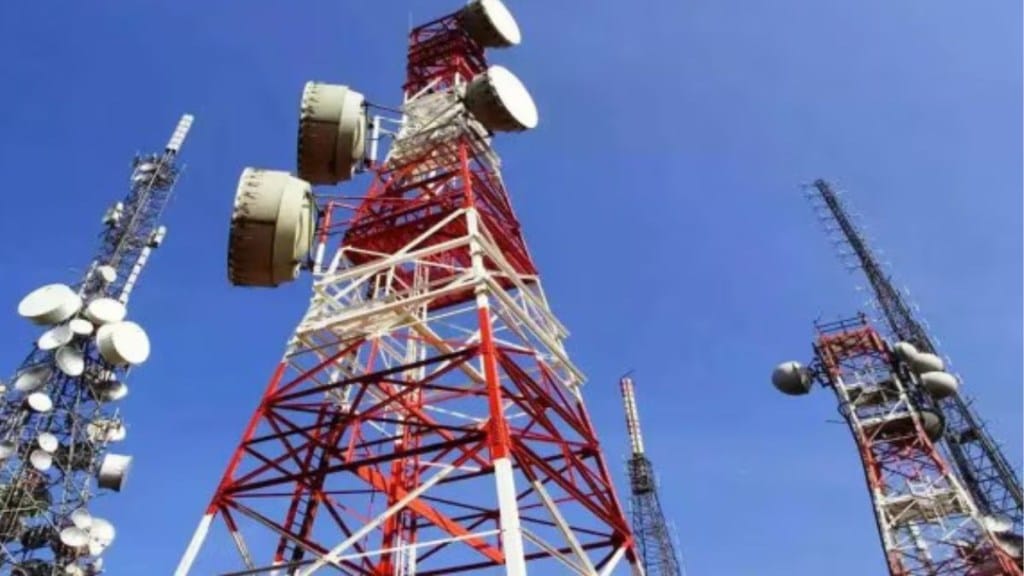Spectrum for mobile services will continue to be given through the auction process, sources in the government told FE on Tuesday.
Any administrative allocation the government will make will be limited to areas like walkie-talkie for police organisations, radar for weather forecasting, radar and communication for ships, communication for space and satellite applications, communication and radar for Army, Air Force and Navy and PSUs like BSNL. The same has been clearly defined in the Telecom Act, 2023, officials said.
In fact, for mobile services, one auction for 4G and 5G spectrum has already been scheduled in June.
The distinction between mobile services and other narrowly defined areas is important as the government on Monday moved the Supreme Court for urgently listing its application seeking permission for administrative allocation of spectrum in cases which involve public interest or where economic or technical grounds are involved.
The government filed the application in the Supreme Court following the due process before introducing the Telecom Bill in the parliament.
Sources said the application doesn’t ask for changing the Supreme Court judgement.
In the application, the government has argued that competitive auctions mandated by the 2G judgment, may not always be suitable for either technical or economic reasons, especially in the context of using spectrum for discharge of non-commercial sovereign functions like security, safety, disaster preparedness, etc.
In a first of its kind, the Telecom Act cleared the way for allocation of spectrum for satellite communication services through the administrative route. This has been done by putting these services under Schedule 1 where so far only government and security-related services figured. For the first time, private firms will figure in this list.
The department of telecommunications (DoT) will also seek views of the Telecom Regulatory Authority of India (Trai) on pricing and methodology to allocate spectrum for space based communication services.
